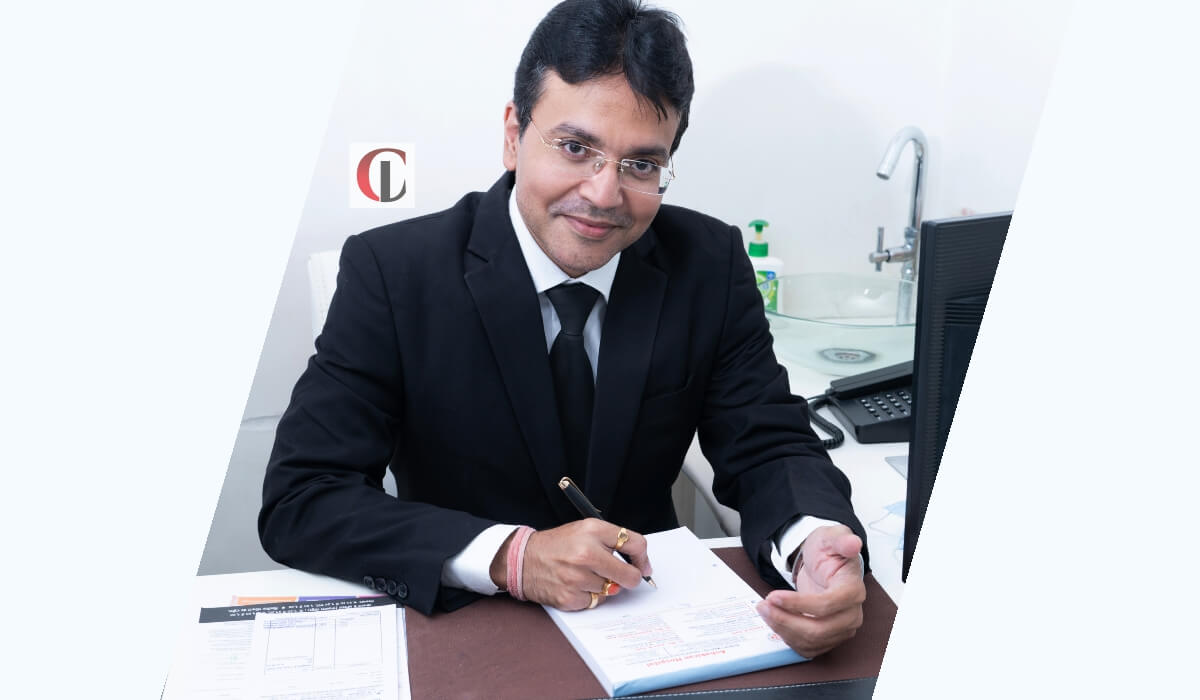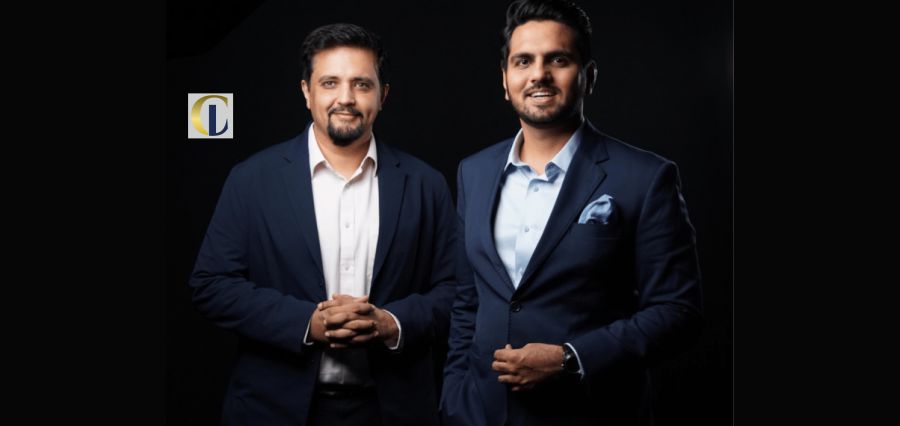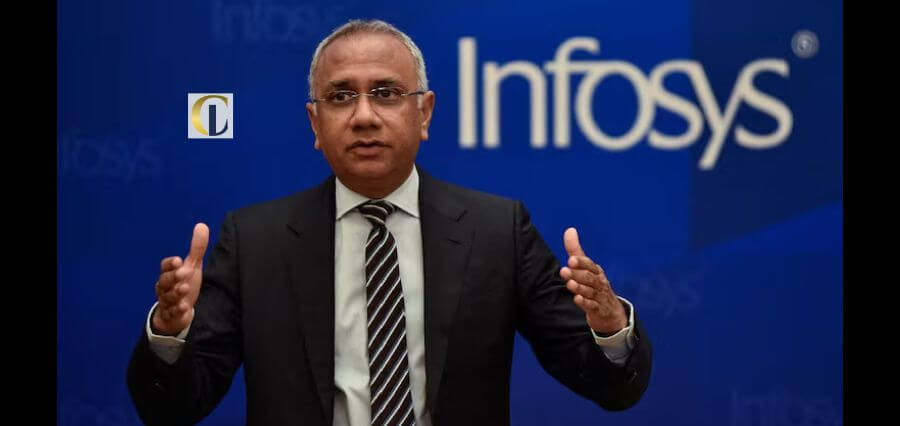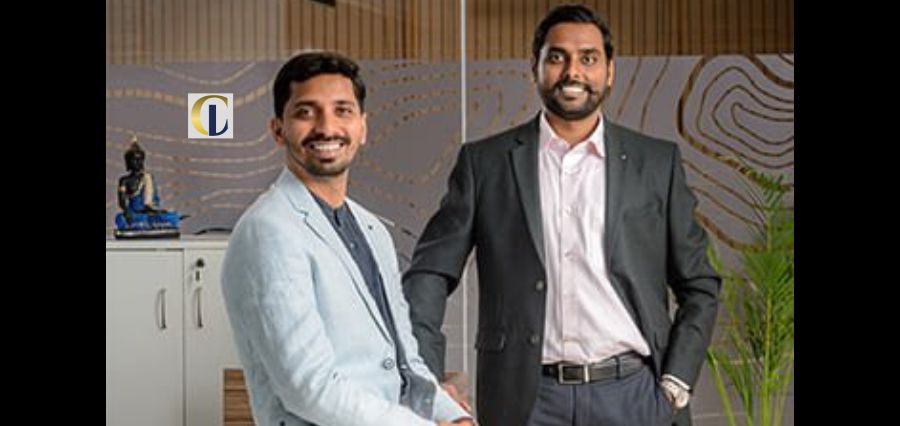Professional Credentials are the most basic and non-negotiable attribute of a gynaecologist. Professionalism is extremely important to have when you are working in a medical setting. Regardless of your position, work environment, or situation, you should always have strong professionalism that is set in stone from previous experience.
Trust is also a big deal when it comes to being a good OB/GYN. When you have other associated qualities like relatability, attentiveness, and professionalism, you instil trust between you and your patients.
You want your patients to trust you and your practice, so embodying all of those qualities is ideal for working in the healthcare space and being a coherent charisma with all these qualities; who excels in the spotlight is, Dr Ashish Kale.
When Dr Ashish returned from the United States, he came back with the sole intention of providing these world-class facilities to his people in Pune at a very low cost; he worked very hard to tune down these protocols to the pockets of the people here in Pune, while not compromising on the results or the protocols.
He did not stop there; he has multiple national and international publications to his credit. Vichara’s original studies, the most recent of which is the progesterone primed ovarian stimulation protocol, have drastically reduced the cost of these IVF cycles.
He has published this study in an international journal, which is now accepted worldwide, so he is not only a very good Clean Nation app but also an academician of excellence.
Below are highlights from the interview conducted with Dr Ashish Kale that represent how he enables betterments and advancements in the modern healthcare industry.
Tell us about the core values on which Ashakiran Hospital and Asha IVF Center are built and what is the mission of these organizations?
Back in 1975, Ashakiran Hospital and Asha IVF Center were founded with the sole purpose of delivering consistent healthcare in the heart of Pune. In 2000, the health institution ventured into the category of IVF. It created its top-notch IVF facility with the express purpose of offering affordable IVF to all needy people around the nation.
However, the health center did not want to lose focus on the quality of its care in any way, including through the use of facilities like D5 embryo transfer, laser hatching, and gamete freezing.
The cost at which we offer IVF cycles is very minimal; we have even offered free cycles to patients with the orange card or below the BPL line, and Kita points to offering at least one free cycle a month after going through all the documents of the patient and after saying that it is a very genuine case.
We have also offered free semen storage for army personnel because of their commitment to our country, which is much greater than ours as doctors.
Brief us about Ashakiran Hospital and Asha IVF Center’s USPs and its position as the most reliable name in the IVF & Fertility Centers.
As you rightly said, healthcare is moving in leaps and bounds and making progress towards establishing a better standard of care. Keeping up with this space, our lab has recently installed the benchtop inch, which gives you a 100% blastocyst rate, which is nothing but a D5 embryo. We also have the latest laser hatching facility, which is used for implantation file cases or in difficult cases when you feel that the blastocyst may not hatch.
We have used microfluidics to the best of its ability to get a good sperm count and low mortality in cases of OATS, which is oligospermia, and then ozoospermia, which are again difficult cases to treat.
We have moved towards doing a single embryo transfer, which ensures pregnancy in the patient even after we transfer one embryo, and this also gives the patient a chance to store more embryos for a future embryo transfer attempt or even for a second pregnancy.
Being an experienced leader, can you share your opinion on how adopting modern technologies like artificial intelligence (AI) and machine learning (ML) is impacting the healthcare industry and how your organization is adapting to this change?
We have artificial intelligence in IVF or test tube babies as well, where the artificial intelligence software actually chooses the best of the embryos, giving you a high implantation rate and a higher clinical pregnancy rate, and there is also a sperm nanobot that has recently entered the picture, which selects the best possible sperm among millions of sperm with a higher possibility of fertilizing the egg and giving you a good embryo that is going to be implanted.
We were among the first IVF centres to do a large study on the use of this artificial intelligence, Erykah, to decide the embryo for embryo transfer, and we were successful in giving pregnancy to about 90% of the cases. This result increased from a baseline success rate of 60% because of the implementation of artificial intelligence. However, this system still has a little while to come into routine practice because of the cost involved, the accessibility, the ability, and the acceptance.
What would be your advice to budding entrepreneurs who aspire to venture into the healthcare sector?
Always follow your conviction. Be very ethical in your practice, adapt to newer technologies, and always practice evidence-based medicine that is layered with your experience. This is definitely a very rewarding sector. The joy that you can give to these childless couples is unmatched, believe me. The day any parent comes to me with a baby on their bum or maybe in their hands, the joy is unsure because in our country, we still believe in families, and it is still a closed culture.
How do you envision scaling your organization’s operations and offerings in 2022 and beyond?
Well, after COVID hit in 2020, we were all stagnant and taken for a toss. I was also thinking that where this will leave the health sector is up for grabs, but two years after COVID, I see that this field is expanding massively.
Because we now see a lot of patients suffering from Support Litti, the demand for infertility centres has increased. Patna Oda female Patna people are now more open about their problems; they have better access to healthcare workers, and it is a very good sign when people approach us at the right time because, when we have time on our hands, we can give them the best treatment. In fact, this has given us a chance to reflect on how the world has moved to an online platform, which has reduced distances. I myself manage more than half of my centres online now, so it has become very easy to expand to reach out to centers across the globe and deliver the same kind of treatment everywhere.
The Odyssey of Excellence
Dr Ashish Kale founded Asha IVF Centre in 2009 after training at world-class facilities such as the Cleveland Clinic in Ohio, USA, and NUH in Singapore. Instead of staying there, he left behind a lucrative career to return to Pune and share whatever knowledge he had gained from these world-class centers.
He established IVF centers in the city of Pune, and from there the journey of expansion started. He is now leading over 10 IVF centers in India, where he imparts his clinical knowledge. He was also the driving force behind establishing Arunachal Pradesh’s first IVF lab. This was the first of its kind, and he delivered the state of Arunachal Pradesh’s first test tube baby.
Dr Ashish is also an elected executive member of many national and international organizations like ISAR, the Indian Society of Assisted Reproduction; he is the librarian of the same association; and he is also the elected executive member of the Maharashtra state chapter of ISAR, IAGE. He is also heading the national family welfare committee of FOGSI, an association representing around 23,000 gynaecologists all over the country.
He practices various unique protocols in his IVF center, which have increased the success rate to the tune of 60 to 70%. He is also one of the leading pioneers in ND5 embryo transfer, laser hatching, cryopreservation of gametes, social freezing of eggs, and freezing semen and eggs in cancer patients.
| Read More: Click Here |








